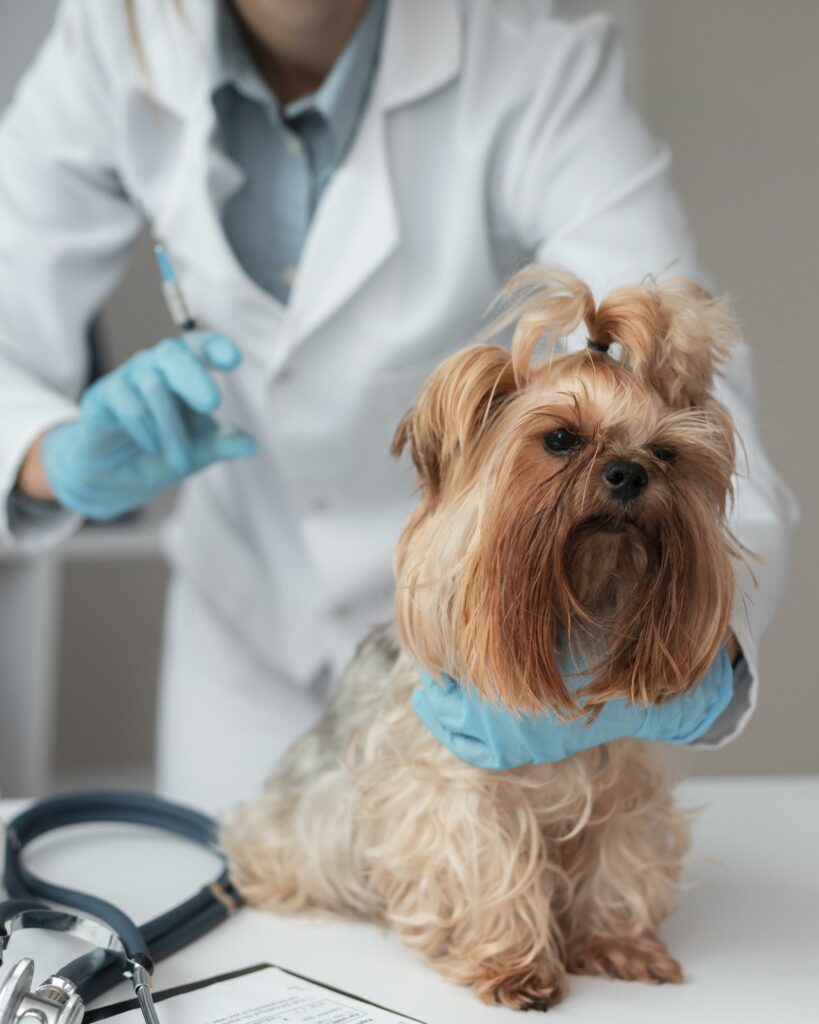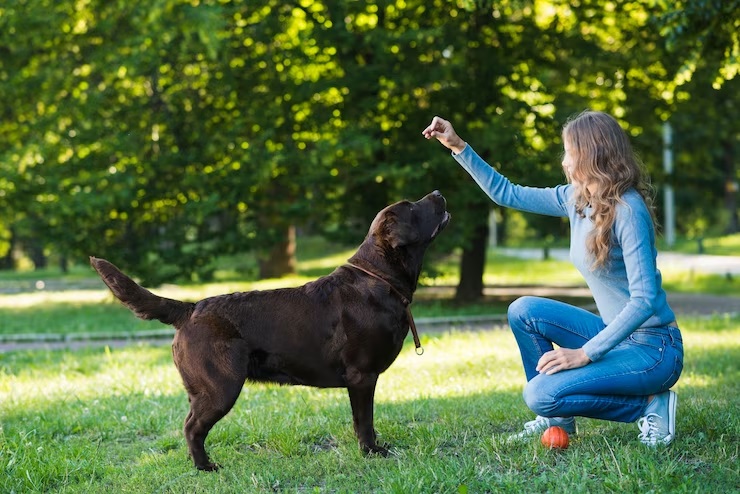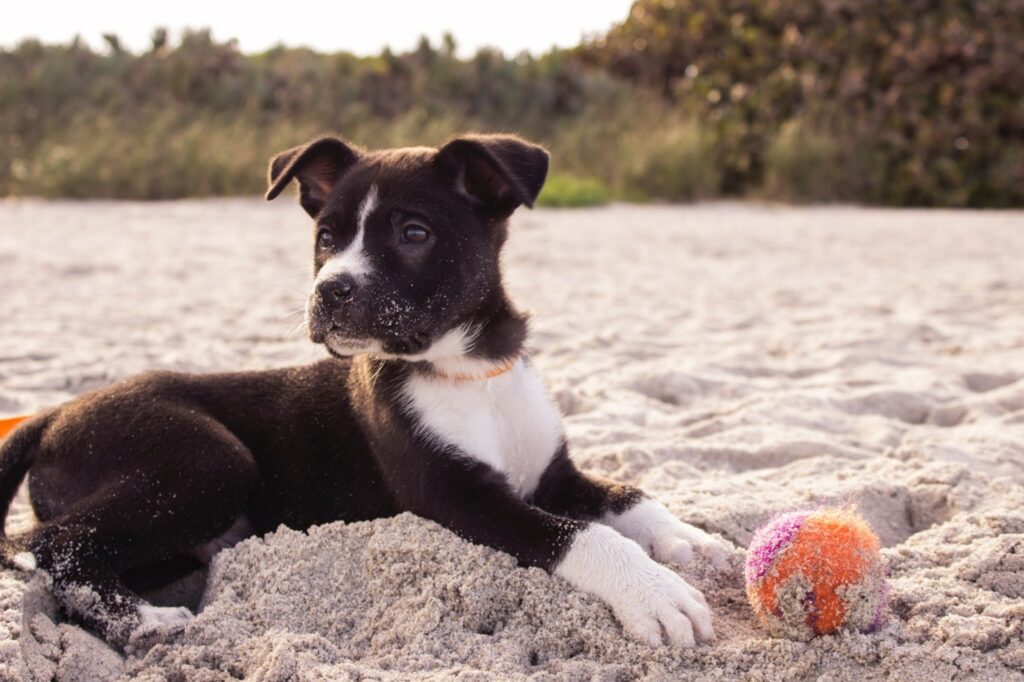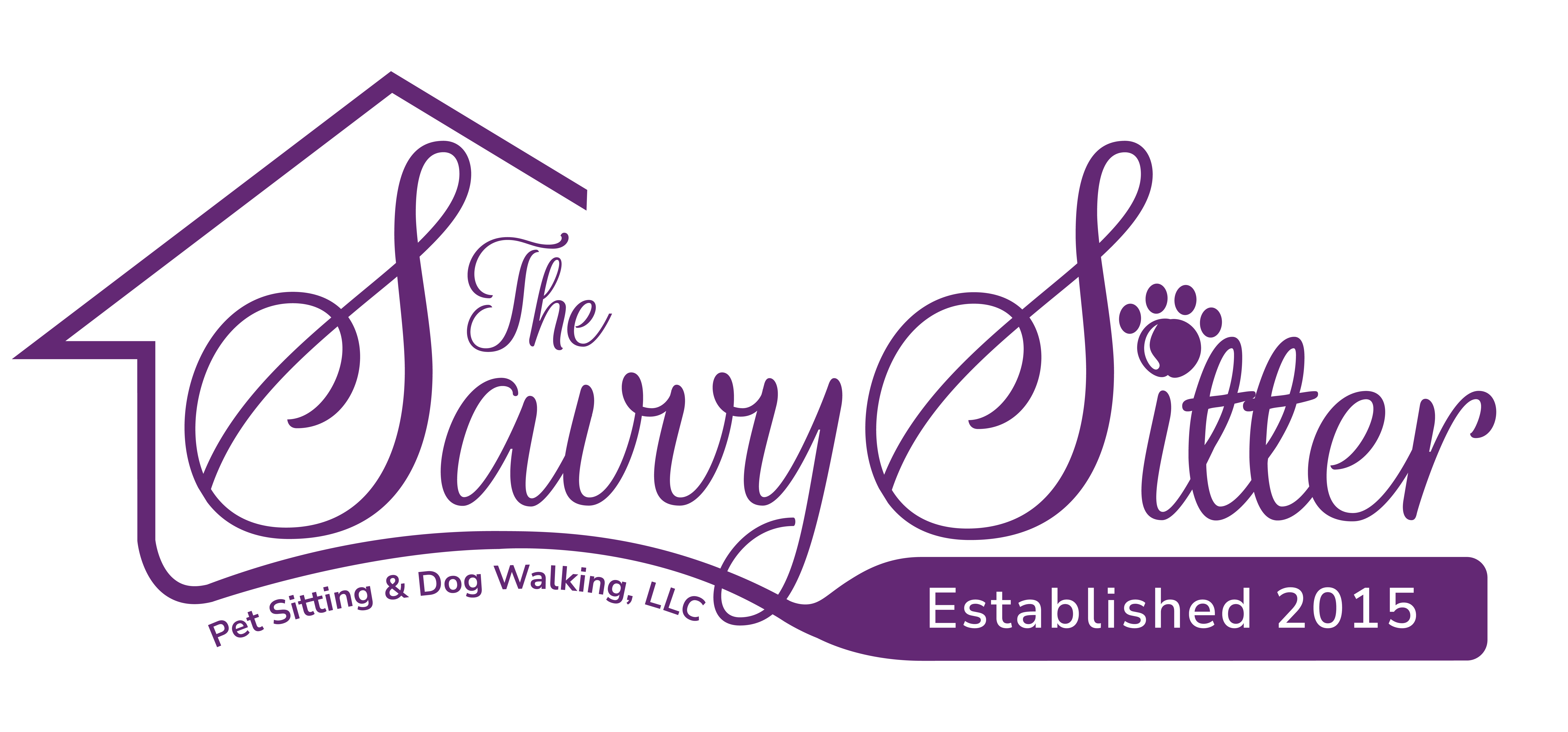
When Your Pet Starts To Eat Poop?
There are many alarming things that your pet can do in their daily life, and one of them is eating poop. This behavior in pets is known as coprophagia. This behavior is not only disgusting but also very harmful to the health of your pets. If you want to overcome this issue, it’s important that you know the causes behind it so that you can treat them properly. In this article, we will discuss the reasons why your pet may start eating poop and how to stop this behavior.
Nutritional Deficiencies:
One of the basic reasons why pets start eating poop is due to nutritional deficiencies. If your pet is not getting all the nutrients in their diet, they may start eating feces to obtain necessary minerals and vitamins. This problem is very common in kittens and puppies because sometimes they do not receive enough nutrition in their weaning food or mother’s milk.
Some common nutritional deficiencies that can lead to pets eating poop include:
Protein:
If your pet lacks protein in their diet they may start eating poop. Protein is necessary for maintaining muscle mass and also for proper development of kittens and puppies.
Vitamins and Minerals:
There are many minerals and vitamins that are necessary for the good health of your pets. For example, if your pet is suffering from vitamin B deficiency it will lead to anemia and coprophagia in pets.
Enzymes:
They are necessary elements for the good digestion and absorption of nutrients. If your pet is not getting enough enzyme in their regular diet they may start eating feces to overcome their need of nutrients.
Medical Issues
Another reason why your pet may start eating poop is due to any underlying medical issue. There are many medical conditions that can lead to digestive problems and increase the appetite for feces. The different medical conditions that can lead to coprophagia include:
- Malabsorption Syndrome: One of the basic conditions is malabsorption syndrome, as it affects the body’s ability to absorb nutrients from the food. If your pet is not getting proper nutrients in their diet, or their body is unable to absorb nutrients, they may start to eat feces to compensate.
- Pancreatic Insufficiency: This condition affects the pancreas, which produces enzymes necessary for digestion. If the pancreas is not working properly and not producing the proper amount of enzymes, your pet will feel difficulty in digesting their food properly, leading to coprophagia.
- Intestinal Parasites: Parasites like tapeworm or hookworms are the main causes of gastrointestinal issues and can result in coprophagia in most pets. Parasites not only damage the intestines but also affect the ability to absorb nutrients.
- Diabetes: Diabetes can cause serious effect of the health of pets. It may cause an increase in appetite and results in coprophagia in pets.

Behavioral Issues
In most cases behavioral issues are the leading cause of pet eating poop. Behavioral issues are more common in dogs because they are more prone to attention seeking behavior. Dogs also suffer from behavioral issues because they often suffer from boredom. Some common issues that may lead to coprophagia are
Separation Anxiety:
This issue is very common in dogs and they often engage in destructive behavior when left alone for a very long time. In such conditions, the only way left for them is to eat feces and cope with their anxiety.
Boredom:
Dogs that don’t get proper exercise and mental stimulation may start eating poop to overcome their boredom.
Attention-Seeking:
Most dogs start eating poop when they are not getting enough attention from their owners. They do this to divert their owner’s attention towards them.

If there are behavioral issues involved in this poop-eating behavior, it’s best to work with a professional trainer or animal behaviorist to solve these issues.
Environmental Factors
Environmental factors also have a major impact on pets suffering from coprophagia. For example, if your pet is confined in a small area with no access to food and water, they may start eating feces in order to survive. This is very common in kennels and other overcrowded areas where pets are kept in unsanitary conditions.
Additionally, if your pet is living with another animal who eats poop, there is a chance they will start eating it themselves. This situation is pretty common in multi-pet households where one pet influences the other.
Age
Age is another important factor in pets suffering from coprophagia. Kittens and puppies are more likely to eat poop than adult animals because they are still developing their digestive system and may not have fully developed it yet. Additionally, older animals may experience cognitive decline, which can lead to changes in behavior, including coprophagia.
It is important to note that coprophagia is not always a sign of a problem. In some cases, it is considered a natural behavior for certain animals. However, if your pet is involved in eating poop on a regular basis, it is important to address the cause, whether it is nutritional deficiencies, medical issues, behavioral issues, environmental factors, or age-related changes.
How to stop your pet from eating poop?
There are different things that you can do to stop your pet from eating poop. Some of the most important things are:
Ensure proper nutrition:
Balanced and nutritious diet is necessary for pets suffering from coprophagia. Consult your veterinarian and make sure that you are giving the right kind of supplements and food to them. If you give them right kind of diet chances are less that they will suffer from coprophagia.

Train your pet:
Training your pet will also help in stopping this behavior. Always use positive reinforcement while training your pet and reward them with praise and treat for good behavior. If you catch your pup in any such behavior use a firm No command. In this way they will know that this behavior is not acceptable.

Provide mental stimulation:
As you know that boredom is an important cause of coprophagia so make sure that you will provide them with enough mental stimulation. You can give them puzzles, toys and interactive games to keep their mind occupied and reduces their stress level.

Keep the environment clean:
Your pet environment must always be free of debris and feces. Always keep any eye on your pet and clean up after your pet immediately and dispose the feces in a bin. Make sure that you clean the potty area or litter box on regular basis.
Use deterrents:
You will find different products available in the market that can help you stop your pet from eating poop. The main function of these products is to make the feces smell and taste unpleasant. You can check online and consult your pet about the right deterrents for pets.
Seek medical attention:
If after all these effort coprophagia still present in your pets, it may be due to any underlying medical condition. You should speak to your vet about it and he will do through exam and do some test to check about these issues.
Conclusion
Coprophagia can be an unpleasant and harmful behavior in pets. While it may be common, it is essential to understand the underlying reasons behind it and take appropriate steps to stop it. A nutritious diet, training, mental stimulation, clean environment, deterrents, medical attention, and supervision can help prevent coprophagia and keep your pet healthy and happy. Speak to your veterinarian if you have any concerns or questions about your pet’s behavior.
About the Author:
Savanna Westwood
Savanna Westwood is the Owner and Founder of The Savvy Sitter, Pet Sitting and Dog Walking, LLC. She has grown up with animals all her life and enjoys spending time with them. Savanna has lived in the Winter Garden and Windermere Area for over 30 years. When she is not taking care of Fur Friends, one can find her reading, practicing archery, riding, and devising ways to provide additional and excellent services to clients. Savanna is a Certified Professional Pet Sitter with Pet Sitter International's CPPS certification and also holds certification in Pet First Aid and CPCR for Pet-Care Professionals.

